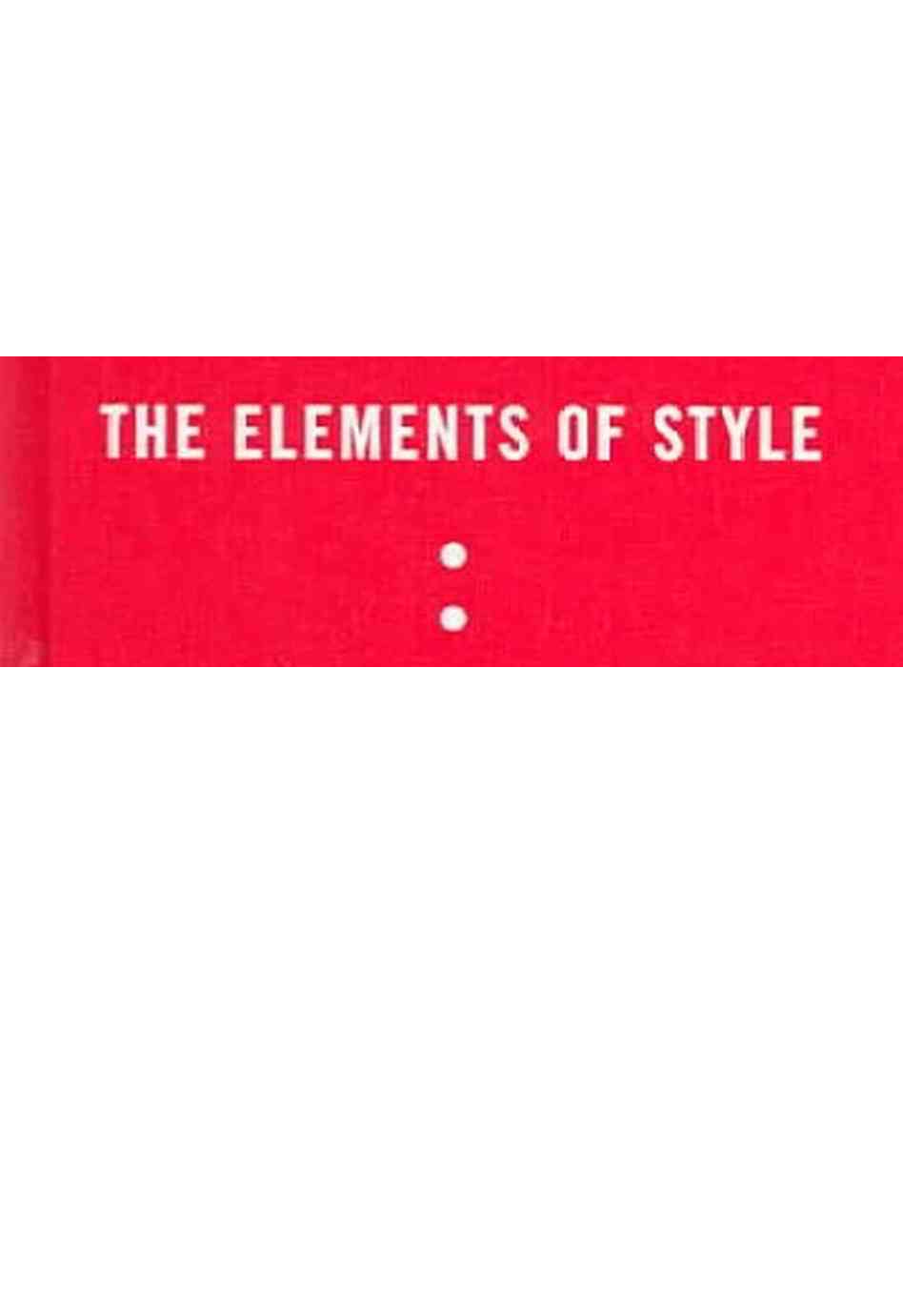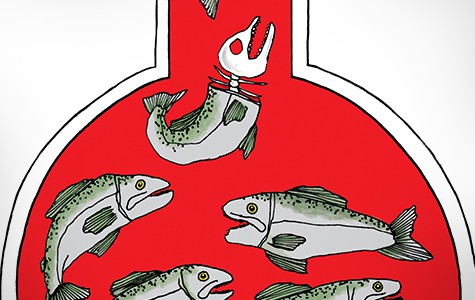Author: Bryan Kemler
-

-
Scabrous
scab·rous ˈskabrəs/ adjective 1. rough and covered with, or as if with, scabs. 2. indecent; salacious. “scabrous publications”
-

The Air and Tone of Silence
Deep in an earth cave, silence is pure. You can almost hear it. In this form, silence is truly the absence of sound. What is it in the cave that makes the ears tingle? What is this deafening sensation in the cave? Are we hearing the sound of the ether? The sound of creation? The…
-

-
EM Forster, Ending a Book
Most books have a feeble ending. This is because the plot ends the book, not the characters. Most books end either with death or marriage. The novel typically goes off in the end. The characters go dead. This is a primary technical problem of the novel. It reminds me of the end of Steinbeck, Grapes…
-
EM Forster, Definition of Plot
A story is a narrative of events arranged in their time sequence. A story is defined by,” and then, and then, and then.” The king died and then the queen died. That is a story. The king died, and then the queen died of grief. That is the plot. The plot maintains the time sequence…
-
EM Forster – specialty of the novel
The specialty of the novel is that the writer can talk about his characters as well as through them or can arrange for us to listen when they talk to themselves. He has access to self-communings, and from that level he can descend even deeper and peer into the subconscious.
-
EM Forster flat vs round
The test of a round character is whether it is capable of surprising and a convincing way. If it never surprises, it is flat. If it does not convince, it is a flat pretending to be around. Round has the incalculability of life about it.
-
Tolstoy’s moving scenes
The scenes in Tolstoy are constantly moving around the characters. He reminds us of the movement in the scene by having moving parts impose themselves upon the characters. Here, the child Grisha crawls into the dialogue and tugs on her aunt’s hair: AK, p.74 : Dialogue: Kitty to Anna: Re: attendance at ball “I’ll be…
-
Def ratiocination
ra·ti·oc·i·nate (răsh′ē-ŏs′ə-nāt′)intr.v. ra·ti·oc·i·nat·ed, ra·ti·oc·i·nat·ing, ra·ti·oc·i·nates To reason methodically and logically.